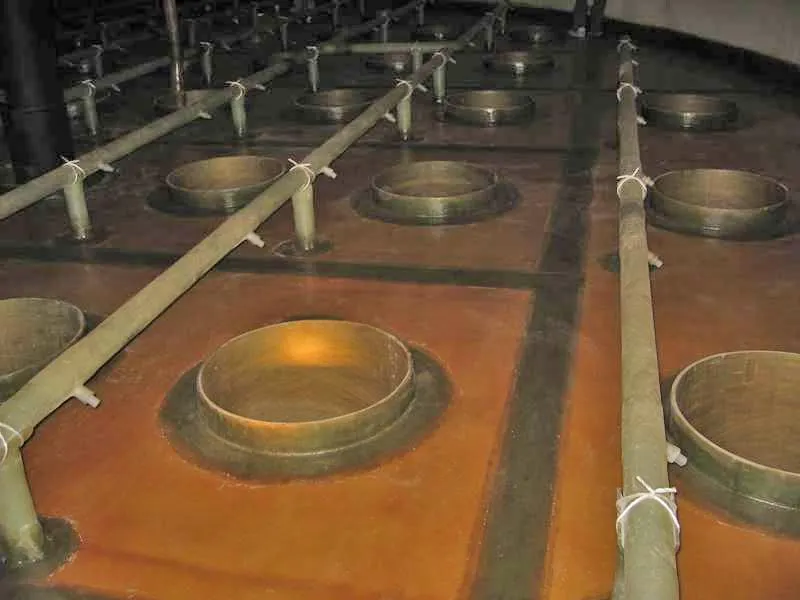
-
 Afrikaans
Afrikaans -
 Albanian
Albanian -
 Amharic
Amharic -
 Arabic
Arabic -
 Armenian
Armenian -
 Azerbaijani
Azerbaijani -
 Basque
Basque -
 Belarusian
Belarusian -
 Bengali
Bengali -
 Bosnian
Bosnian -
 Bulgarian
Bulgarian -
 Catalan
Catalan -
 Cebuano
Cebuano -
 China
China -
 China (Taiwan)
China (Taiwan) -
 Corsican
Corsican -
 Croatian
Croatian -
 Czech
Czech -
 Danish
Danish -
 Dutch
Dutch -
 English
English -
 Esperanto
Esperanto -
 Estonian
Estonian -
 Finnish
Finnish -
 French
French -
 Frisian
Frisian -
 Galician
Galician -
 Georgian
Georgian -
 German
German -
 Greek
Greek -
 Gujarati
Gujarati -
 Haitian Creole
Haitian Creole -
 hausa
hausa -
 hawaiian
hawaiian -
 Hebrew
Hebrew -
 Hindi
Hindi -
 Miao
Miao -
 Hungarian
Hungarian -
 Icelandic
Icelandic -
 igbo
igbo -
 Indonesian
Indonesian -
 irish
irish -
 Italian
Italian -
 Japanese
Japanese -
 Javanese
Javanese -
 Kannada
Kannada -
 kazakh
kazakh -
 Khmer
Khmer -
 Rwandese
Rwandese -
 Korean
Korean -
 Kurdish
Kurdish -
 Kyrgyz
Kyrgyz -
 Lao
Lao -
 Latin
Latin -
 Latvian
Latvian -
 Lithuanian
Lithuanian -
 Luxembourgish
Luxembourgish -
 Macedonian
Macedonian -
 Malgashi
Malgashi -
 Malay
Malay -
 Malayalam
Malayalam -
 Maltese
Maltese -
 Maori
Maori -
 Marathi
Marathi -
 Mongolian
Mongolian -
 Myanmar
Myanmar -
 Nepali
Nepali -
 Norwegian
Norwegian -
 Norwegian
Norwegian -
 Occitan
Occitan -
 Pashto
Pashto -
 Persian
Persian -
 Polish
Polish -
 Portuguese
Portuguese -
 Punjabi
Punjabi -
 Romanian
Romanian -
 Russian
Russian -
 Samoan
Samoan -
 Scottish Gaelic
Scottish Gaelic -
 Serbian
Serbian -
 Sesotho
Sesotho -
 Shona
Shona -
 Sindhi
Sindhi -
 Sinhala
Sinhala -
 Slovak
Slovak -
 Slovenian
Slovenian -
 Somali
Somali -
 Spanish
Spanish -
 Sundanese
Sundanese -
 Swahili
Swahili -
 Swedish
Swedish -
 Tagalog
Tagalog -
 Tajik
Tajik -
 Tamil
Tamil -
 Tatar
Tatar -
 Telugu
Telugu -
 Thai
Thai -
 Turkish
Turkish -
 Turkmen
Turkmen -
 Ukrainian
Ukrainian -
 Urdu
Urdu -
 Uighur
Uighur -
 Uzbek
Uzbek -
 Vietnamese
Vietnamese -
 Welsh
Welsh -
 Bantu
Bantu -
 Yiddish
Yiddish -
 Yoruba
Yoruba -
 Zulu
Zulu
fiberglass weir
Understanding Fiberglass Weirs Applications, Advantages, and Considerations
Fiberglass weirs are gaining increasing recognition in the field of hydraulic engineering and environmental management. As structures designed to control the flow of water in rivers, streams, and treatment facilities, weirs serve vital roles in water management. The use of fiberglass as a material for constructing these structures introduces several advantages that enhance their functionality and longevity.
What is a Fiberglass Weir?
A weir is a barrier across a river or stream that alters its flow characteristics. In essence, it allows for the measurement and regulation of water flow. While traditional weirs have been made from concrete, metal, or wood, fiberglass weirs are becoming more popular due to their lightweight nature and resistance to corrosion and environmental degradation.
Fiberglass weirs can be designed in various shapes and sizes, depending on their intended use. They can be used for water level monitoring, flow measurement, and enhancing sediment management in various water bodies. The ability to customize these structures ensures that they meet specific project requirements and environmental regulations.
Advantages of Fiberglass Weirs
1. Durability One of the main advantages of fiberglass is its resistance to acidic and alkaline conditions, which are common in many water bodies. Unlike metal structures, which may corrode, or wooden weirs that can rot, fiberglass is much more durable, which reduces maintenance costs and extends the lifespan of the structure.
2. Lightweight The lightweight nature of fiberglass makes it easier to transport and install. This can significantly reduce labor costs and construction time, as heavy machinery is often unnecessary for installation. Additionally, the ease of installation allows for flexibility in placement, making it possible to set up a weir in hard-to-reach locations.
3. Cost-Effectiveness Despite initial costs being comparable to traditional materials, the long-term savings resulting from reduced maintenance and longevity of fiberglass weirs can make them a more cost-effective solution in the long run.
fiberglass weir

4. Environmental Impact Fiberglass weirs can be more environmentally friendly than their traditional counterparts. They do not leach harmful chemicals into the water and can be manufactured with minimal environmental disturbance. This makes them a suitable option for use in sensitive ecosystems.
5. Customizability Fiberglass can be molded into various shapes and sizes, allowing for customized solutions tailored to specific environmental and engineering requirements. This adaptability makes fiberglass weirs suitable for diverse applications, from small agricultural channels to large municipal projects.
Considerations and Challenges
While the advantages of fiberglass weirs are manifold, there are some considerations to bear in mind. Fiberglass, while durable, can be more susceptible to impact damage than concrete or metal counterparts. This may require additional consideration in areas prone to debris flow or heavy impacts.
Furthermore, it is crucial to ensure that the design adheres to local regulations and standards for water management structures. Proper engineering analysis is essential for determining the appropriate dimensions and material specifications based on flow rates, water levels, and environmental conditions. Collaborating with experienced engineers and hydrologists is vital to the successful implementation of fiberglass weirs.
Applications of Fiberglass Weirs
The applications of fiberglass weirs are vast and varied. They can be found in water treatment facilities, irrigation systems, and flood management projects. Moreover, they play a critical role in ecological studies by facilitating water quality monitoring in rivers and lakes. Their ability to control and measure water flow makes them invaluable in both urban and rural water management.
In conclusion, fiberglass weirs offer a modern solution for effective water management. With their durability, lightweight design, cost-effectiveness, and environmental compatibility, they represent a significant advancement in hydraulic engineering. As more professionals embrace this innovative material, the potential applications of fiberglass weirs will continue to expand, helping to meet the growing challenges of water resource management in an ever-changing climate.









